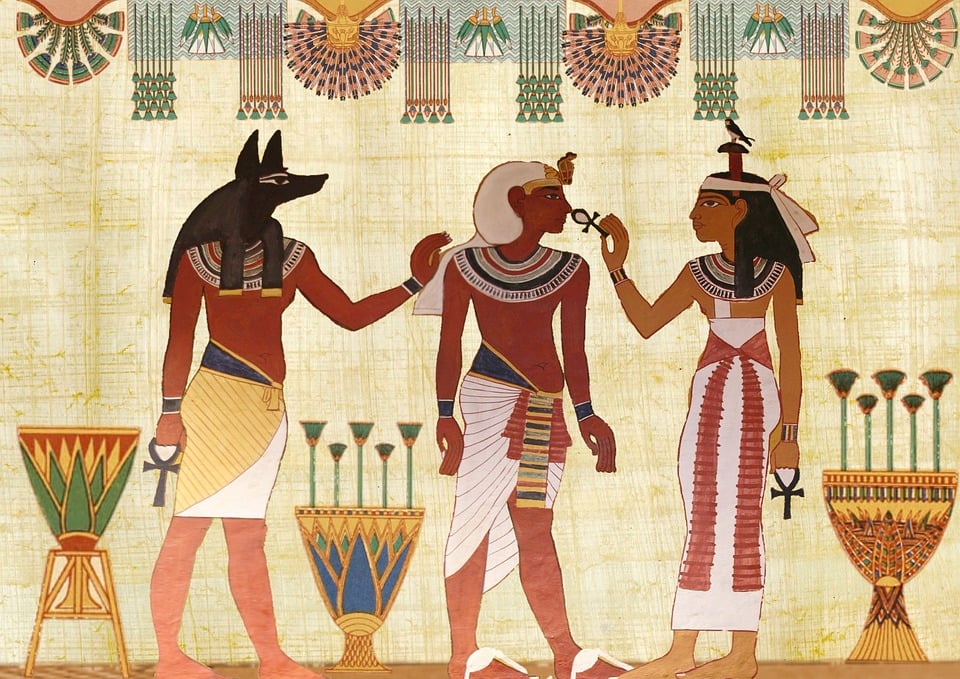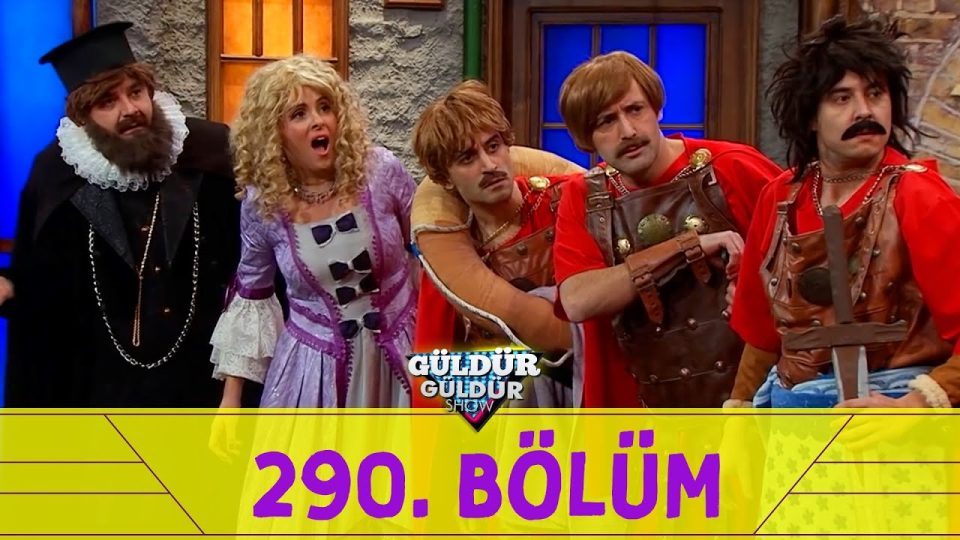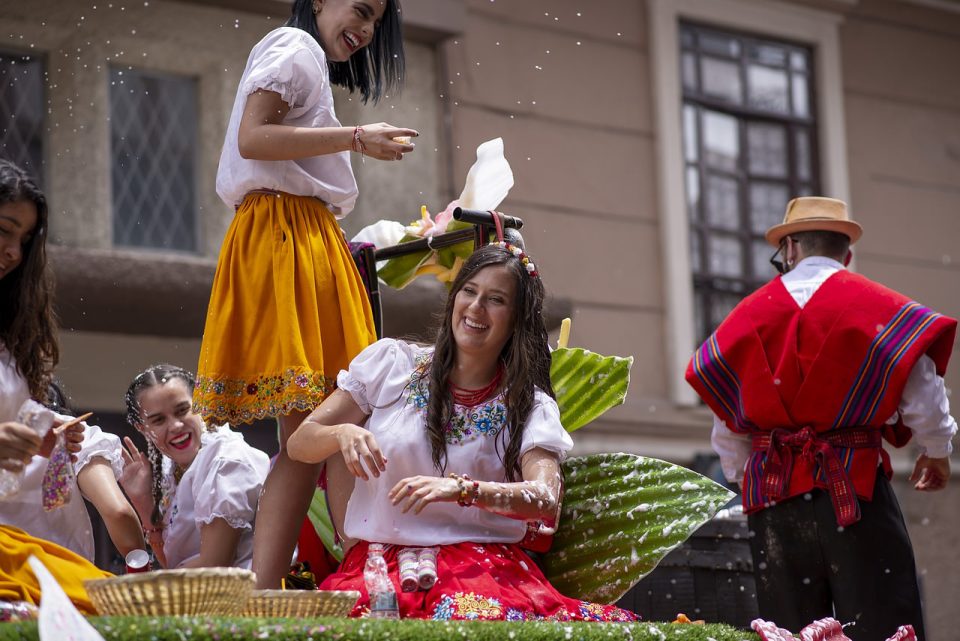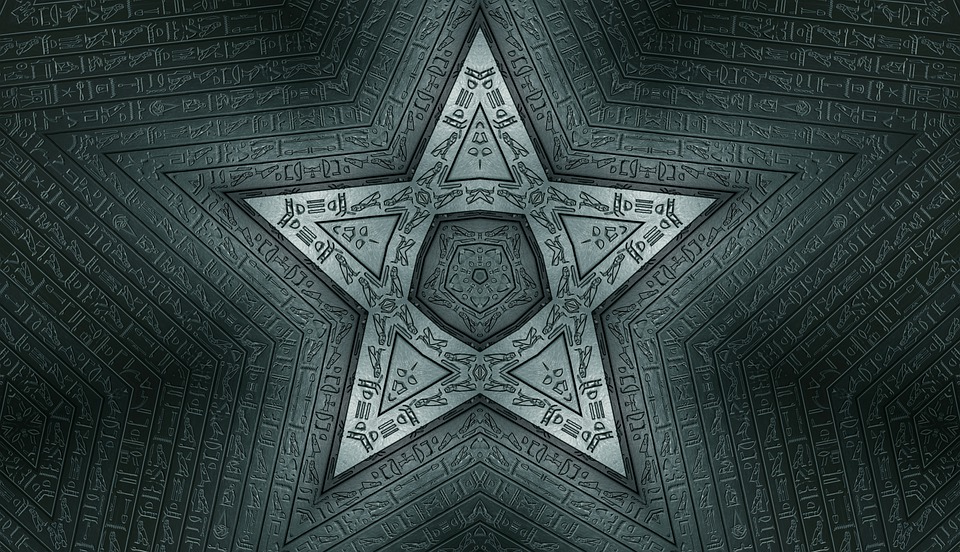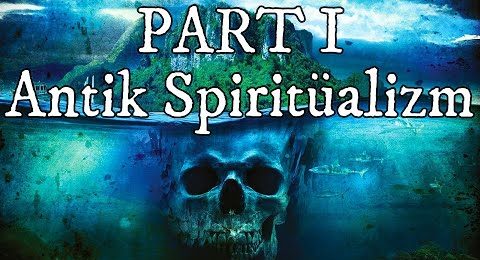1 – The Empty Space: Peter Brook, 1968. This book is a collection of essays that explore the nature of theatre and its potential to connect with audiences. Brook argues that the essence of theatre lies in the relationships between the performers and the audience, and that the most effective theatre is that which creates a deep and emotional connection between the two. He also examines the role of the director in shaping the theatrical experience, and discusses the importance of simplicity and concentration in creating powerful performances.
2 – The Theatre of the Absurd: Martin Esslin, 1961. This book is a critical analysis of the works of a group of playwrights who came to be known as the “Theatre of the Absurd”. Esslin explores the philosophical and existential themes that are central to the plays of Samuel Beckett, Eugene Ionesco, Harold Pinter, and others. He also discusses the theatrical techniques used by these playwrights, such as the use of silence, repetition, and non-sequiturs, and argues that their work represents a significant departure from traditional theatre.
3 – The Cambridge Companion to Modern British Theatre: Edited by Jane Milling and Peter Thomson, 2008. This collection of essays provides a comprehensive overview of the development of British theatre from the late nineteenth century to the present day. The contributors examine the work of major playwrights, directors, and actors, and explore the social and cultural contexts in which British theatre has evolved. They also discuss the impact of major historical events, such as the two world wars and the Thatcher era, on British theatre.
4 – Theories of the Theatre: Marvin Carlson, 1993. This book provides a survey of the major theoretical approaches to theatre, from Aristotle to the present day. Carlson examines the ways in which different theorists have sought to define theatre and its relationship to other art forms, and he discusses the various ways in which theatre has been used to explore philosophical, political, and social issues. He also explores the role of the audience in shaping the theatrical experience, and discusses the ways in which theatre has been used to promote social change.
5 – The Methuen Drama Book of Contemporary Monologues for Women: Edited by Chrys Salt, 2011. This book is a collection of monologues by contemporary female playwrights, including Caryl Churchill, Sarah Kane, and Timberlake Wertenbaker. The monologues cover a range of themes and styles, and provide a showcase for female actors seeking audition pieces or performance material. The book also includes notes on each playwright and suggestions for further reading.
6 – The Theatre Experience: Edwin Wilson and Alvin Goldfarb, 2011. This textbook provides an introduction to the elements of theatre, including script analysis, acting, directing, design, and production. The authors discuss the history of theatre, from ancient Greece to the present day, and explore the ways in which theatre reflects and shapes society. The book also includes case studies of major productions, interviews with theatre professionals, and practical exercises for students.
7 – The Origins of Theatre in Ancient Greece and Beyond: Eric Csapo and Margaret Miller, 2007. This book explores the origins and development of theatre in ancient Greece and other ancient cultures, including India, China, and Egypt. The authors examine the ways in which theatre was used to explore religious, political, and social issues, and they discuss the various forms of theatre that existed, such as tragedy, comedy, and mime. The book also explores the ways in which ancient theatre influenced the development of theatre in the Western world.
8 – Brecht on Theatre: Bertolt Brecht, edited by John Willett, 1964. This book is a collection of writings and interviews by the influential German playwright and director, Bertolt Brecht. Brecht’s theories of theatre, which he called “epic theatre”, emphasized the importance of alienation and critical distance, and sought to engage the audience’s intellect rather than their emotions. In this book, Brecht discusses the role of the actor, the use of music and song in theatre, and the importance of political engagement in theatre. He also provides detailed analyses of some of his own plays, including “The Threepenny Opera” and “Mother Courage and Her Children”.
9 – The Art of Theatre: William Missouri Downs, Lou Anne Wright, and Erik Ramsey, 2014. This textbook provides a comprehensive introduction to the art and craft of theatre, covering all aspects of production from script analysis to performance. The authors examine the history of theatre, explore the different forms of drama, and provide practical guidance on acting, directing, design, and technical production. The book also includes case studies of major productions, interviews with theatre professionals, and exercises for students.
10 – The Oxford Handbook of American Drama: Edited by Jeffrey H. Richards, 2014. This collection of essays provides a comprehensive survey of American drama from its beginnings to the present day. The contributors examine the work of major playwrights, including Eugene O’Neill, Tennessee Williams, and August Wilson, and explore the ways in which American drama has reflected and shaped American society. The book also discusses the impact of major historical events, such as the Civil Rights Movement and 9/11, on American drama, and examines the role of theatre in contemporary American culture.



